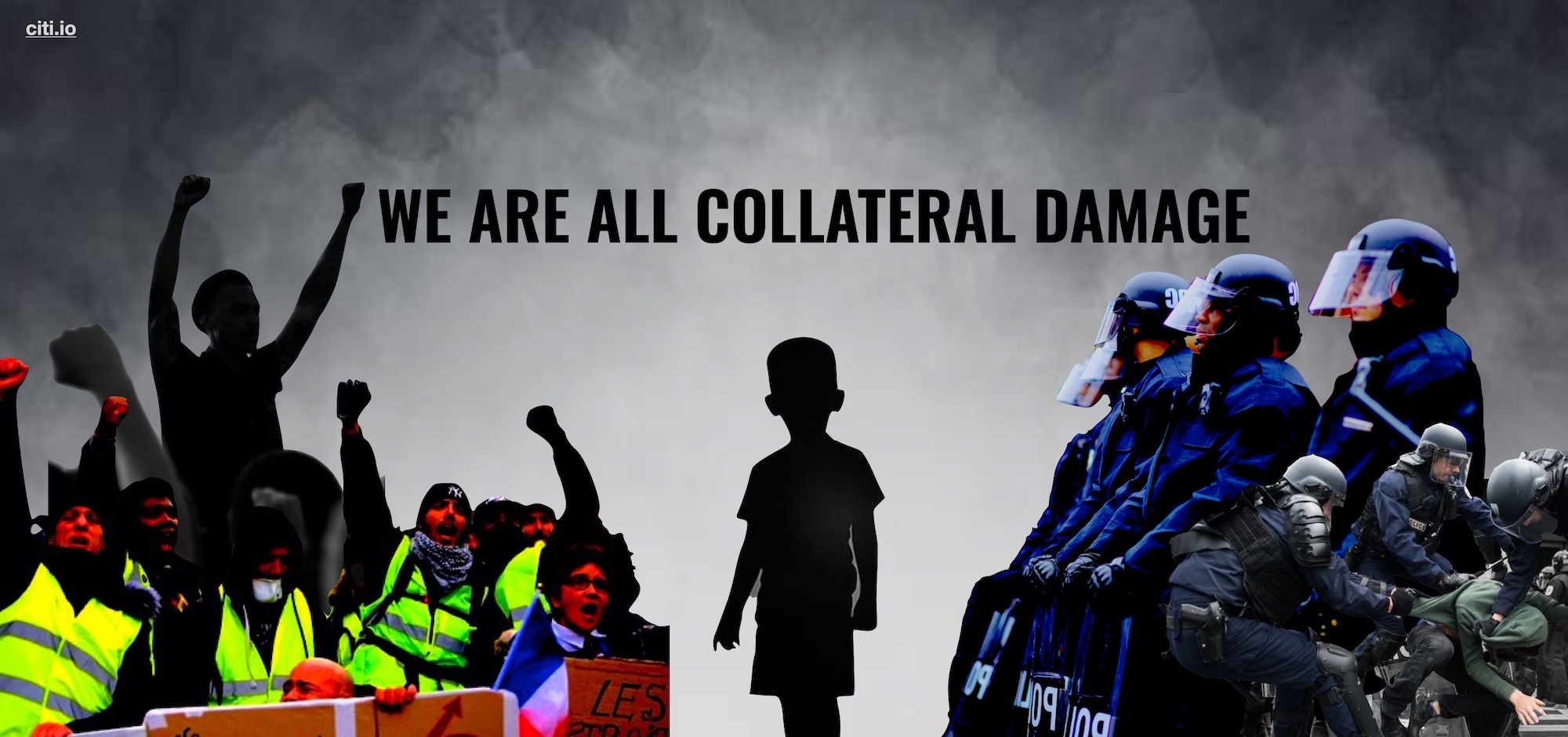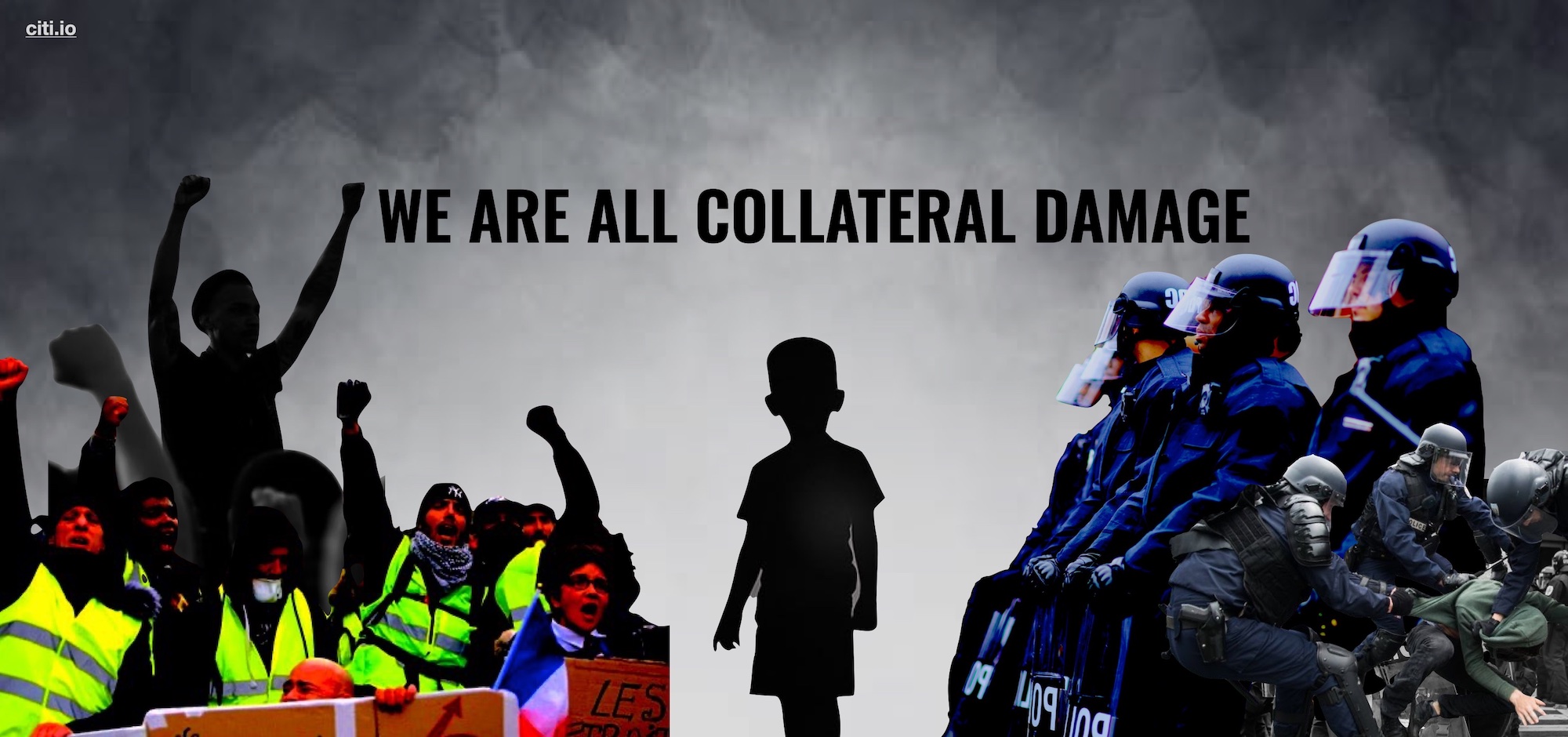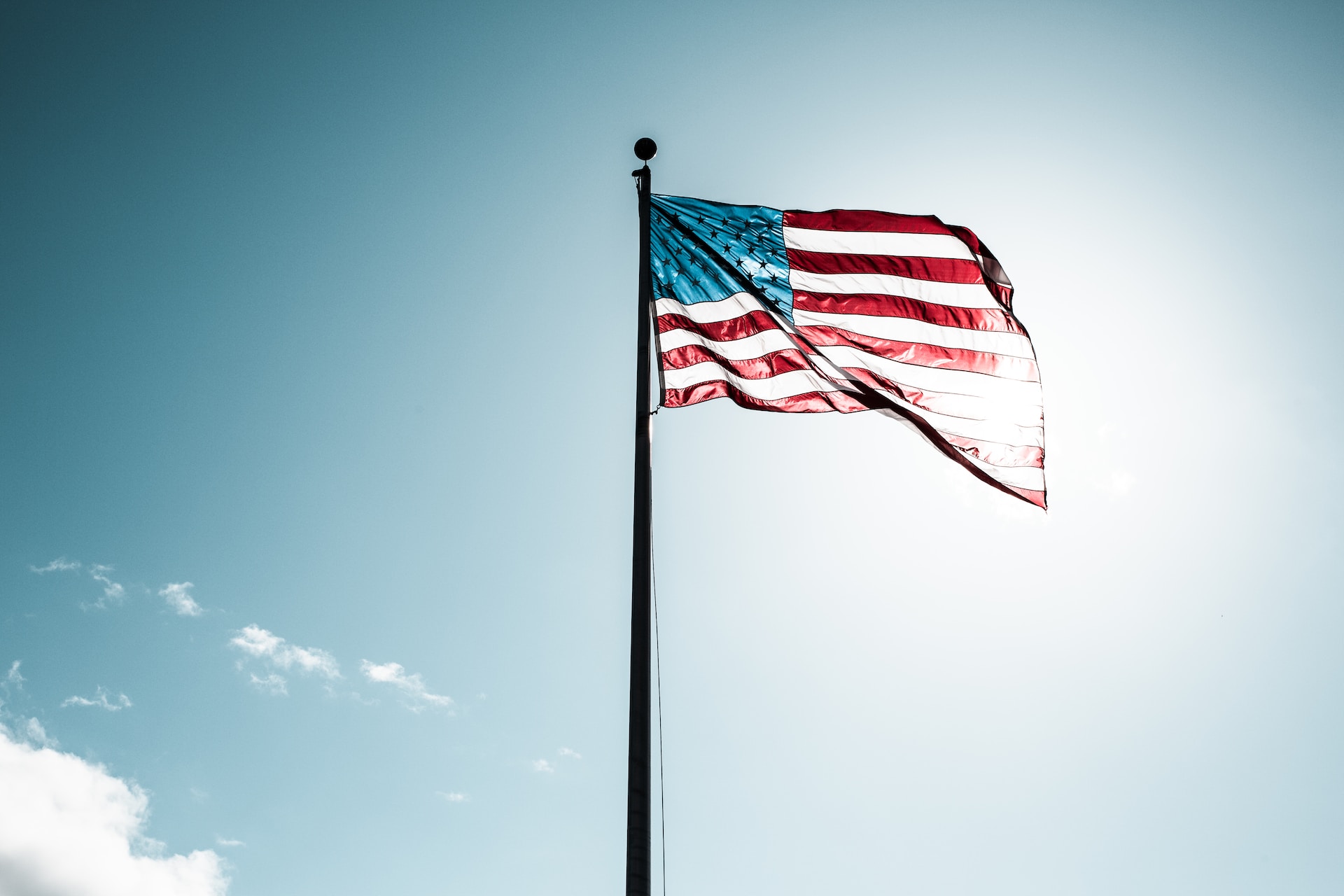In trying to comprehend the turmoil and passion that fuels such violent protests, we have to consider the societal conditions that give rise to them. Recently, there’s been a resurgence of such events worldwide in response to a tragic incident where those in authority took an innocent teen’s life. From a surface perspective, one may view these riots as chaotic and harmful, affecting other innocent people’s lives, and it’s certainly not wrong to think so. But can we blame them for the escalation?
Reflecting on my own experiences as a minority among minorities, I understand the abject hatred and prejudice we endure. The threshold of suffering is drastically different when comparing the experiences of those from rich and developed countries to my own family’s reality. What’s seen as hardship in prosperous nations often constitutes a relative paradise for people like us.
This dynamic puts us in a predicament, a dilemma, where it’s not always about right versus wrong, but rather a matter of wrong vs wrong or right vs right.
But now, we must take into consideration new perspectives. Where does the line blur between defending one’s rights and causing undue harm to others? Are violent protests a justified call for help from those unheard for far too long, or are they adding more chaos to an already unjust world?
While we ponder these questions, we should remember the different thresholds of suffering across communities. What may seem as an extreme reaction to some might be the only voice left for others. With this understanding, let’s look back at the philosophical exercise proposed in the text. If we are a part of the minority that has endured systemic oppression, our perspective might be different. Perhaps we could not merely stand by and let an innocent person be harmed.
As with any moral debate, there is no easy answer to these questions. It is always more comfortable to imagine the world in black and white, right and wrong. But the reality is a spectrum of colours, and right and wrong often intermingle, making it harder to discern one from the other.
The principles of self-defence and defence of others are universal, and applying them isn’t always straightforward. However, inaction in the face of injustice is a choice in itself, one that can lead to its perpetuation. Therefore, while strategic nonviolence should always be our first resort, we must not condemn those driven to their last.
Despite our personal backgrounds and beliefs, we must strive to see the world through the eyes of the oppressed, the marginalised, the minorities among minorities, and the downtrodden. Only then can we begin to understand the roots of such riots and work towards a world where the need for such violence no longer exists.
Understanding the social and psychological factors that contribute to violent reactions or protests can indeed pave the way for more effective change.
1. Systemic Oppression.
Pervasive and long-term unfair treatment of individuals based on their group membership can lead to a sense of collective despair and anger. This oppression can manifest itself in many forms, from racial and gender discrimination to economic inequality. It can result in a sense of helplessness, frustration, and resentment that often serves as the catalyst for violent reactions.
2. Personal Experiences Of Injustice.
Personal encounters with unfair treatment, particularly when recurrent, can have a profound psychological impact. These experiences can lead to feelings of anger, fear, and indignation, contributing to a desire for immediate justice, often sparking an intense reaction.
3. Marginalisation.
Feeling excluded from society, lacking representation or voice in the community and in policy-making can lead to a sense of alienation and frustration. This marginalisation often amplifies the desire to be heard, even if it involves resorting to extreme measures.
4. Identity And Group Dynamics.
People identify with their group, and when their group is under threat, they feel personally attacked. This dynamic can create strong emotional responses. Group dynamics can also add to the pressure to conform to the group’s actions, including violent protests, even if the individual might not entirely agree.
5. Emotional Contagion.
Emotional states can be contagious. When people around us are angry or outraged, we might also start to feel the same way, even if we don’t fully understand the situation. This emotional contagion can lead to the escalation of situations and can turn peaceful protests into violent riots.
6. Relative Deprivation.
The perception of being disadvantaged compared to others can lead to feelings of frustration and resentment. This perceived injustice can provoke aggressive responses as a way to seek equality or fairness.
7. Media Influence.
The media, including social media, can amplify the perceived severity and urgency of a situation. Sensationalist reporting and bias can incite more intense reactions, and the speed at which information (or misinformation) spreads can cause situations to escalate quickly.
To better manage these complex emotions and social pressures, it’s crucial to
- Develop a strong sense of self-awareness and emotional intelligence to recognise and regulate our emotional responses.
- Encourage open dialogue and empathy, promoting understanding and unity instead of division.
- Advocate for social and political change through peaceful means. This can include voting, advocacy, education, and more.
- Support community-based initiatives that address systemic issues and foster social integration.
- Engage with diverse perspectives and experiences to foster understanding and break down stereotypes.
By understanding these social and psychological realities, we can begin to approach situations with a more nuanced perspective, advocating for change in a way that is both effective and respectful of the humanity of all involved.










